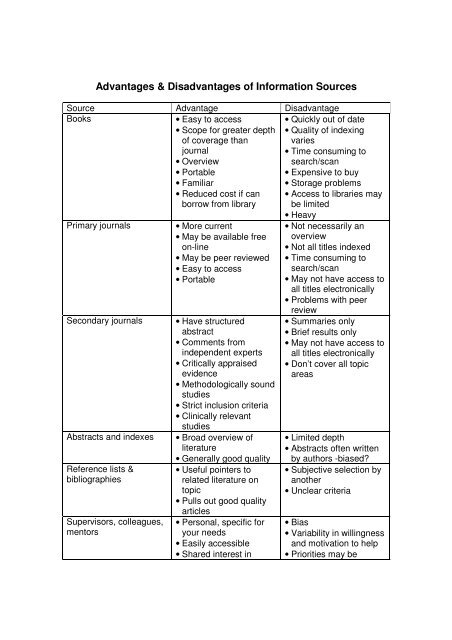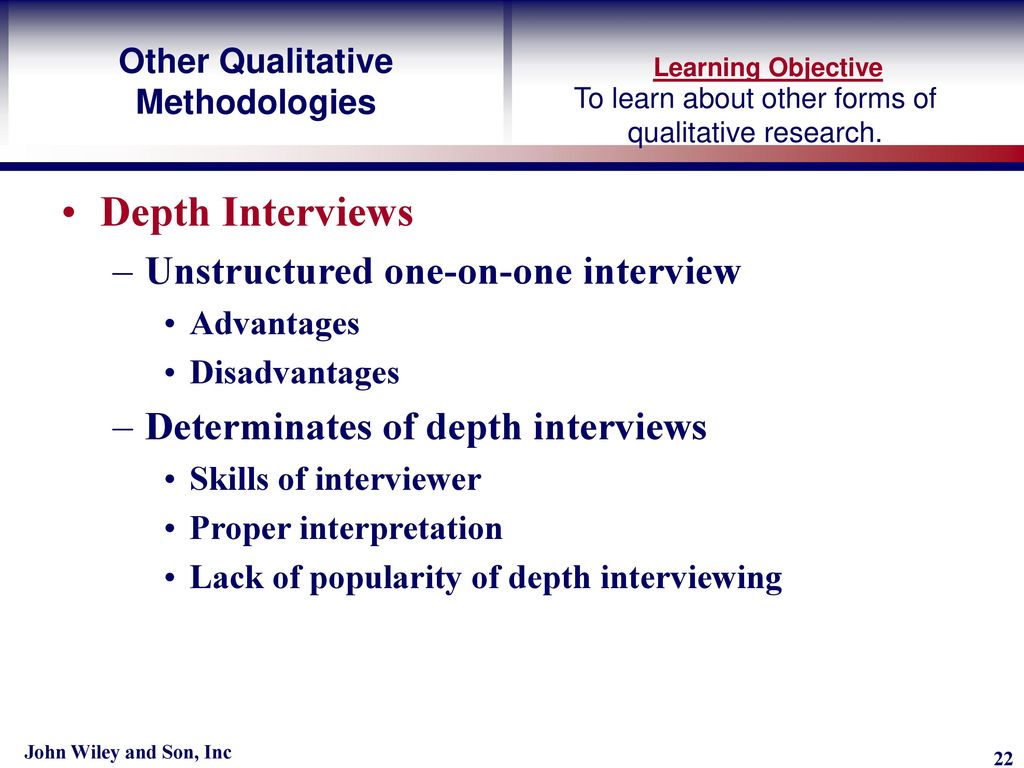Depth interviews, also known as in-depth interviews or one-on-one interviews, are a type of qualitative research method in which a researcher conducts a lengthy and detailed conversation with a single participant to explore their thoughts, feelings, and experiences on a particular topic. Depth interviews are often used in social science research to understand the subjective experiences and perspectives of individuals, and can be a valuable tool for gathering rich, nuanced data. However, like any research method, depth interviews also have their advantages and disadvantages.
One major advantage of depth interviews is their ability to capture rich and detailed data. Because the researcher is able to ask follow-up questions and probe further into the participant's responses, they can obtain a deeper understanding of the participant's experiences and perspectives. Depth interviews also allow for flexibility in the research process, as the researcher can adjust the direction of the conversation based on the participant's responses and the needs of the study.
Another advantage of depth interviews is that they can facilitate rapport and trust between the researcher and participant. By creating a comfortable and non-threatening environment, the researcher can encourage the participant to be open and honest about their thoughts and feelings. This can lead to more candid and genuine responses, which can provide valuable insights for the researcher.
However, depth interviews also have some disadvantages. One potential drawback is that they can be time-consuming and resource-intensive, both for the researcher and the participant. Conducting a depth interview can take several hours or even multiple sessions, and the researcher must be prepared to invest a significant amount of time and effort into the process. Additionally, depth interviews are typically conducted with a small number of participants, meaning that the results may not be representative of a larger population.
Another disadvantage of depth interviews is that they can be subjective and influenced by the researcher's own biases and assumptions. The researcher's questions and the way they interpret the participant's responses can shape the data that is collected, and it can be difficult to ensure objectivity in the research process. This can limit the generalizability of the findings and raise questions about their validity.
Overall, depth interviews are a valuable tool for gathering in-depth and detailed data about the thoughts, feelings, and experiences of individuals. However, they also have limitations and should be used in conjunction with other research methods to ensure a well-rounded and comprehensive understanding of the topic being studied.







